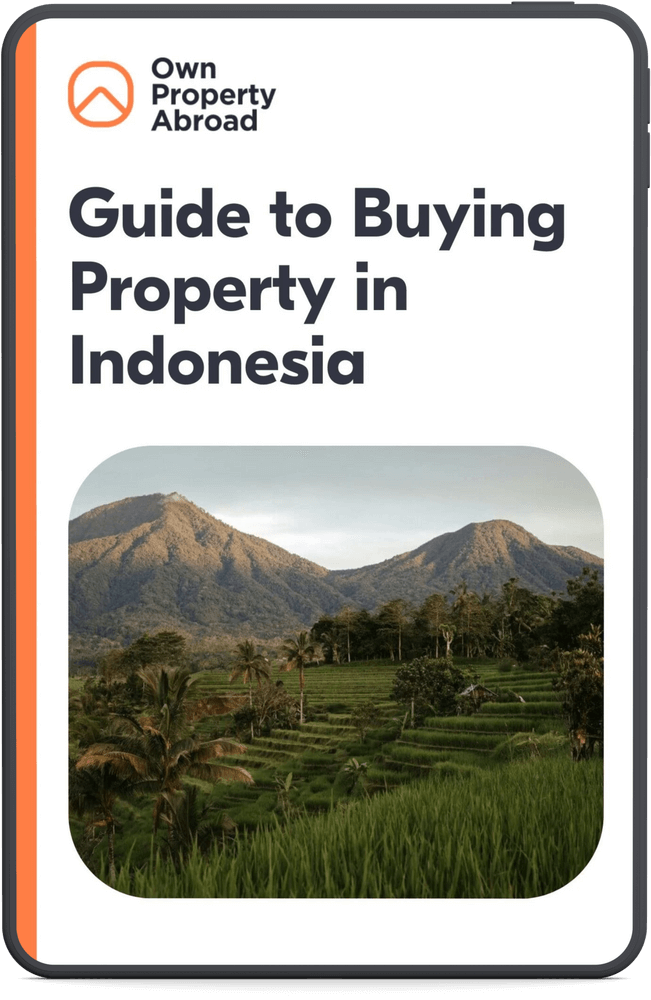Construction ban aims to protect Bali’s agricultural land
The moratorium proposal aims to prevent the rapid conversion of rice fields into commercial properties like hotels and villas in Bali. With the tourism sector booming, there are concerns about the loss of agricultural land and the potential long-term damage to the island’s natural landscape. Foreign investors may face a temporary halt on new projects, especially in areas known for luxury developments. Current property owners might see this as an opportunity to prioritize sustainable practices that align with Bali’s cultural preservation goals.
Unregulated development sparks concerns
Mahendra Jaya has expressed concerns about unregulated development, with many projects seemingly progressing without proper government oversight. Issues such as unauthorized construction and the free sale of alcohol to tourists have raised alarm bells. Property owners and developers should be aware of the growing scrutiny and potential regulatory changes that could affect future developments. Bali’s government is pushing for stricter controls to ensure responsible growth that benefits the local population and maintains the island’s appeal to tourists.
Indonesia’s central government supports the moratorium
The central government, led by Minister Luhut Binsar Pandjaitan, has responded positively to the proposal. Luhut emphasized the need to restrict the construction of villas on agricultural land to safeguard Bali’s unique cultural identity. For foreign investors, this support signals the government’s commitment to preserving Bali’s charm and could shape future investment strategies, particularly for those interested in sustainable tourism.
Focus on enforcement and cultural protection
Both Minister Luhut and Tourism Minister Sandiaga Uno are emphasizing the need for stronger enforcement to address issues such as drug use, illegal foreign workers, and inappropriate tourist behavior, in addition to land protection. Close collaboration between the police, immigration, and defense services is considered vital to uphold Bali’s reputation. Property investors should expect stricter regulations to ensure that development complies with Bali’s cultural values and environmental sustainability.
For foreign buyers and property owners, it’s crucial to stay informed about changing regulations. Existing property owners may benefit from the increasing emphasis on quality rather than quantity in tourism, while new investors may experience a temporary slowdown in available opportunities due to the moratorium. Despite this, the long-term outlook remains positive for those who support Bali’s preservation efforts.







